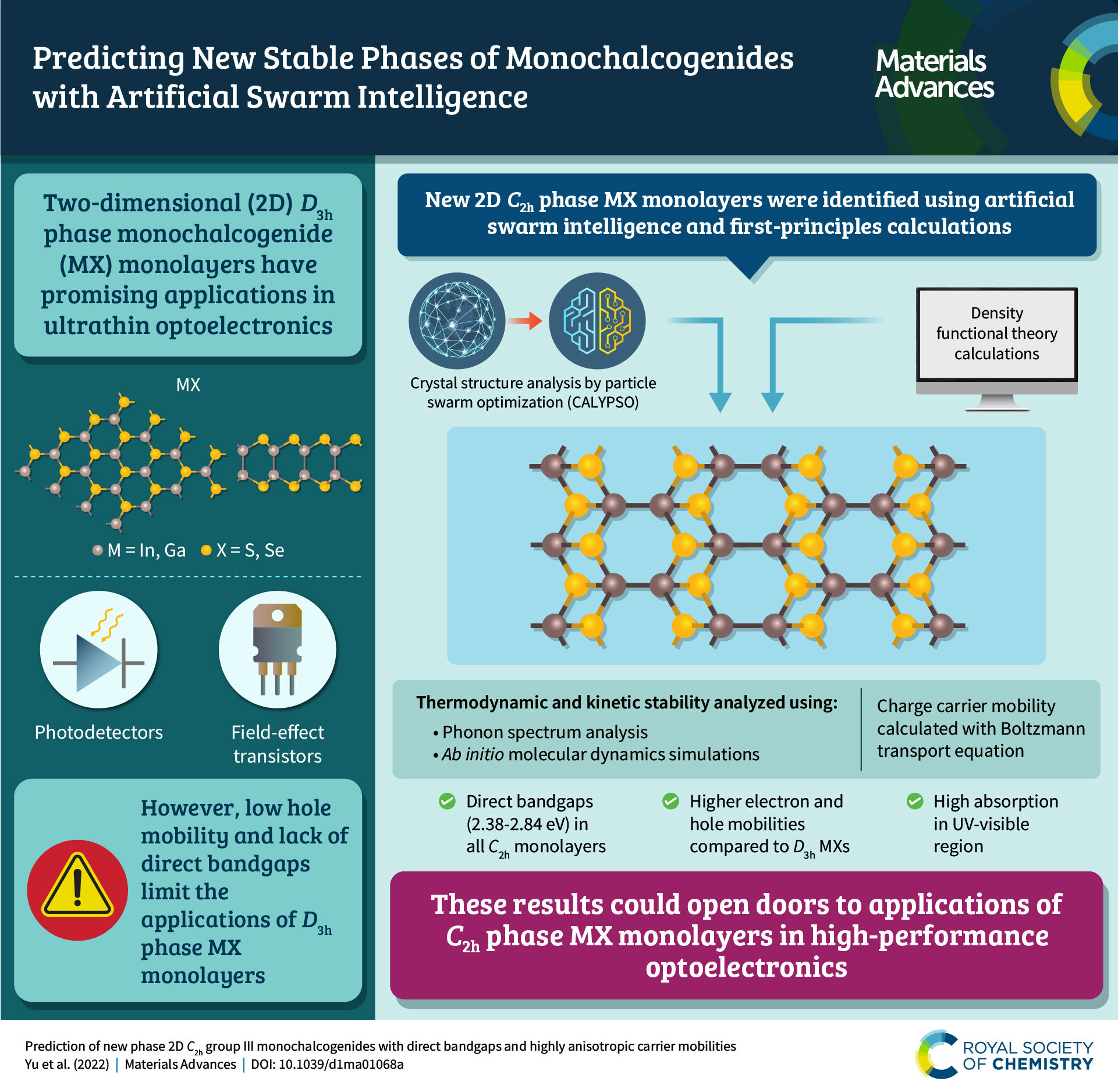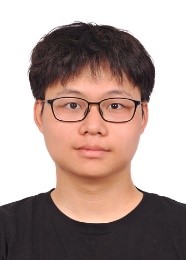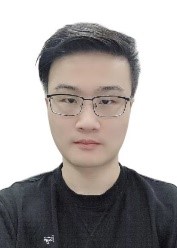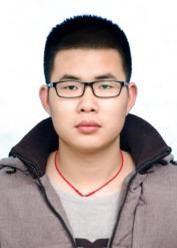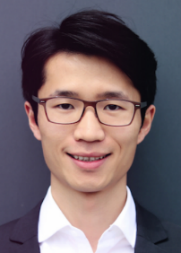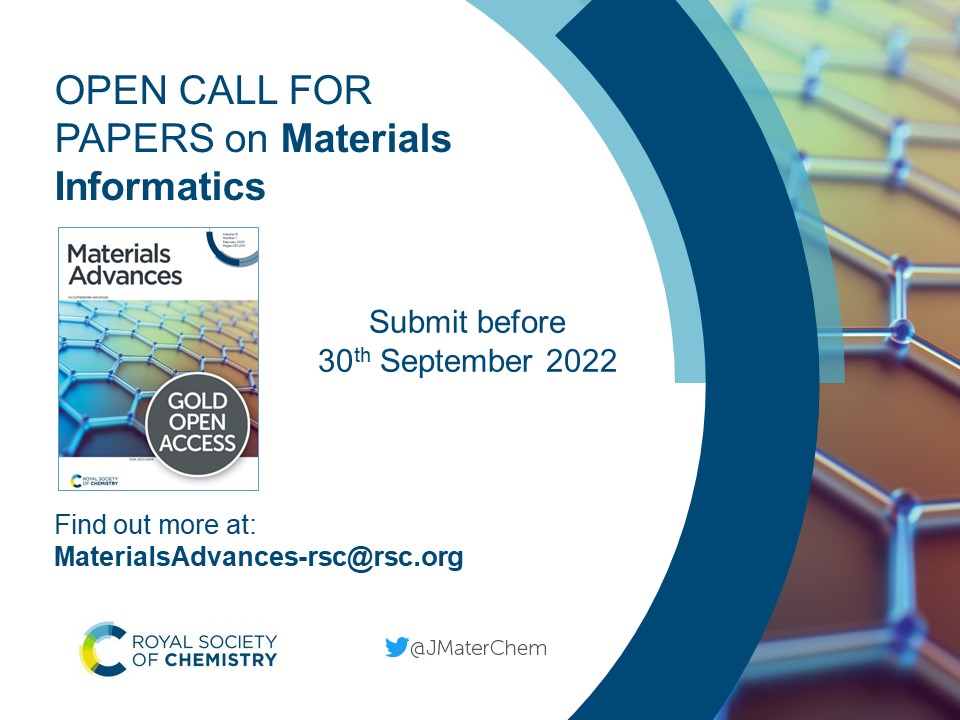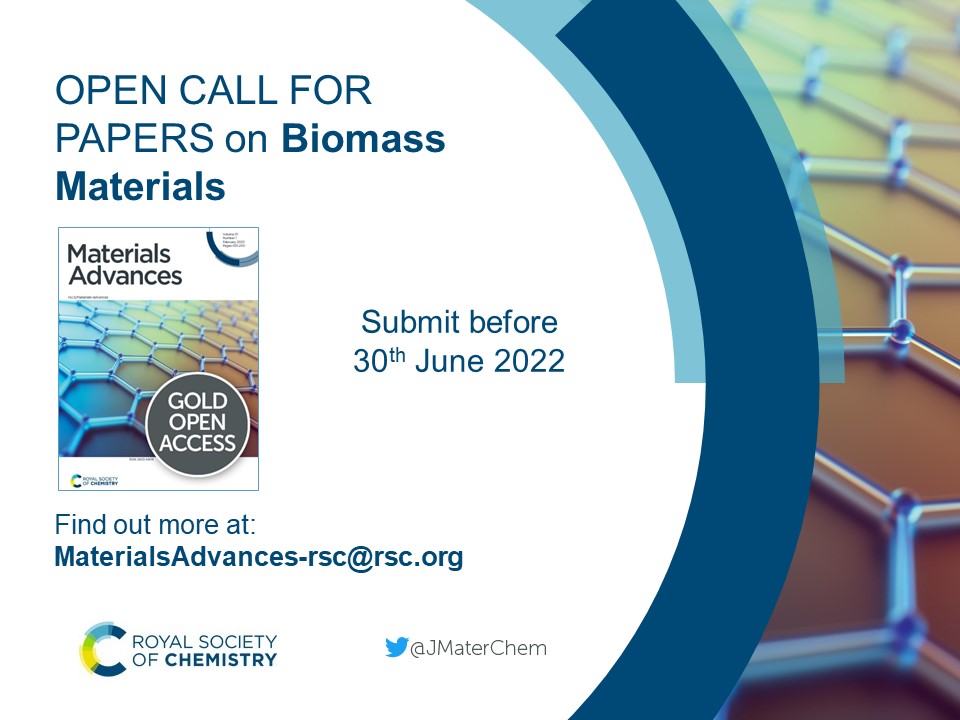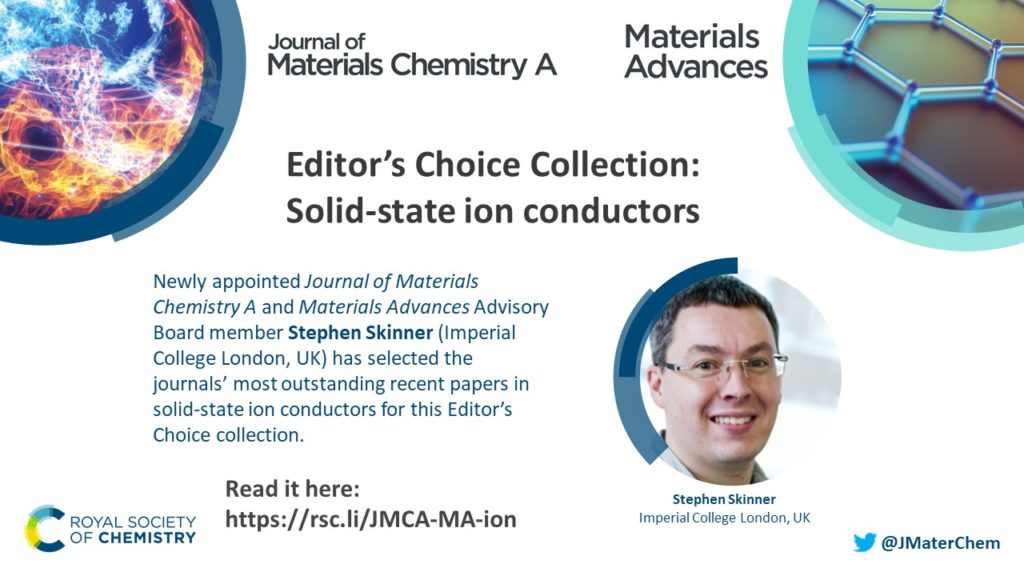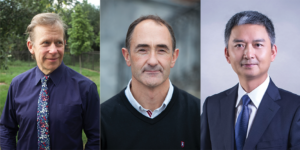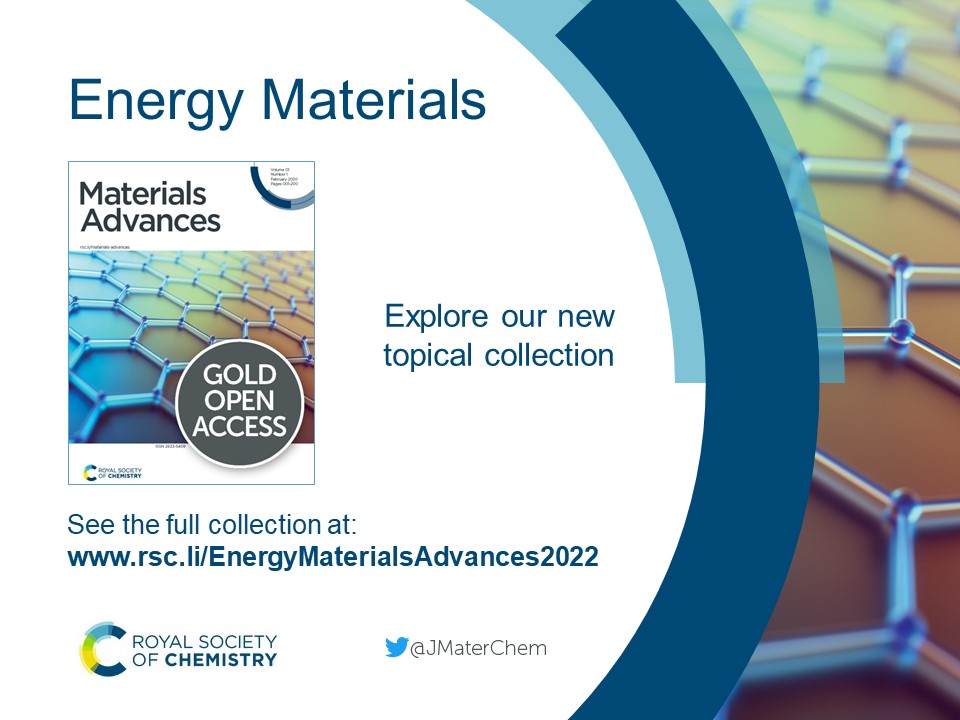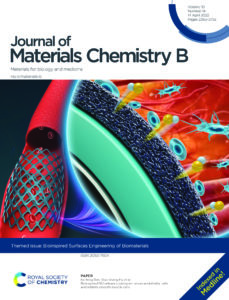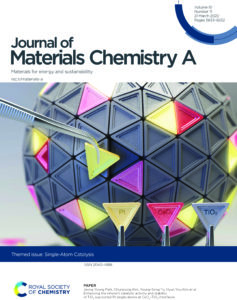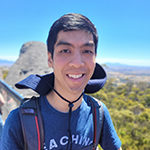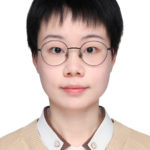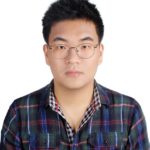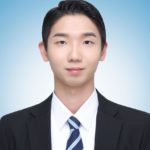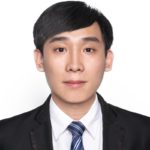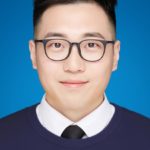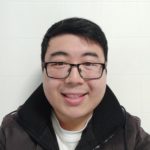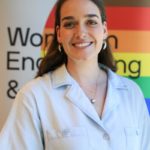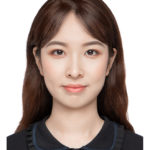An infographic highlighting the prediction of 2D group III monochalcogenides for future high efficiency solar cells and optoelectronics
Prediction of new phase 2D C2h group III monochalcogenides with direct bandgaps and highly anisotropic carrier mobilities
Tuo Hu, Congsheng Xu, Ao Zhang and Peiyuan Yu
Mater. Adv., 2022, 3, 2213-2221, DOI: 10.1039/D1MA01068A
Meet the authors
(a) What aspect of your work are you most excited about at the moment and what do you find most challenging about your research?
In this work, we are most excited to discover that some novel polymorphs of two-dimensional materials give rise to very interesting and exotic electronic properties. For example, the new C2h polymorph of 2D group III monochalcogenides features a direct bandgap which has not been found in other known single-layer phases. However, conventional computational methods to predict or design novel polymorphs are often limited by large computational costs. Therefore, we investigated the use of deep learning methods based on generative adversarial neural networks to quickly and comprehensively discover different phases of two-dimensional materials. This project requires knowledge and specialties from diverse disciplines such as computational chemistry, materials science, and physics. Besides, the rapid development of new computational techniques constantly motivates us to try to apply new technologies, which is quite challenging and intriguing.
(b) How do you feel about Materials Advances as a place to publish research on this topic?
Materials Advances is designated for interdisciplinary research and insights in the field of materials research, and our work is a combination of computer science and materials science, so I think it is a perfect match for this work to be published on Materials Advances. The professional editorial team and expert reviewers made the publishing process highly efficient.
(c) Can you share one piece of career-related advice or wisdom with other early career scientists?
For undergraduate students who are interested in scientific research, I would like to encourage them to actively participate and collaborate with graduate students and postdocs in research projects as early as possible and don’t be shy to share their hypotheses or insights.


